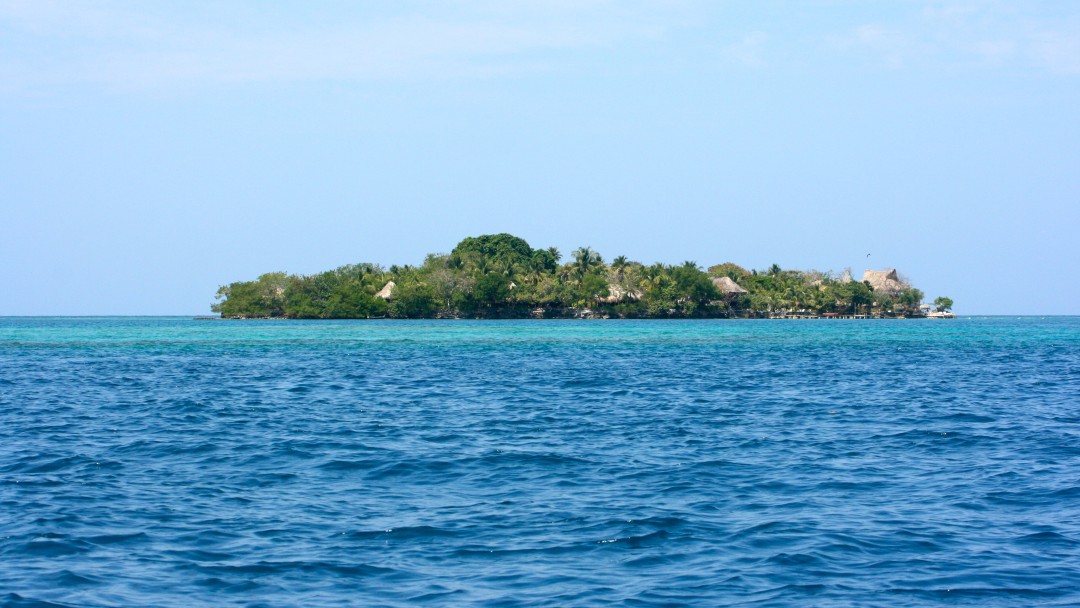News from 2017-11-10 / KfW Development Bank, KfW Development Bank
Corals against climate change
Event on Ecosystem-based Adaptation to climate change

Ecosystem-based adaptation to climate change supports the regeneration and revitalisation of natural ecosystems such as coral reefs and mangrove forests, which not only increases their resilience but also helps in protecting people against the negative effects of climate change. Rebuilding coral reefs, for example, can reduce coastal erosion since coral reefs act as “natural wave-breakers”. The recent hurricanes “Irma” and “Maria” in the Caribbean have caused enormous damage, which underscores the need to rapidly improve the resilience of the so-called Small Island Developing States (SIDS). As the 23rd UNFCCC Conference of the Parties is being held under Fiji’s presidency, the situation of the SIDS is of particular importance. since their geographical location makes them particularly vulnerable to the effects of climate change. The attention at the KfW Side Event was correspondingly high.
Much patience is required
The panel discussion, which was moderated by Karim ould Chih from KfW, was attended by Ulrike Metzger from the Federal Ministry for Economic Cooperation and Development (BMZ), Norbert Gorißen from the Federal Ministry for the Environment (BMUB), Ali Raza Rizvi from the International Union for Conservation of Nature, Dr Joth Singh from the Caribbean Biodiversity Fund and Dr Josef Haider from KfW. There was an agreement among the panelists that Ecosystem-based Adaptation is an important and also a cost-effective component of adaptation strategies. This, on the one hand, takes much patience because such measures require time to take effect. Indeed, the formation of a natural coral reef takes years, if not decades. On the other hand, it should be possible to flexibly respond to climate change. Climate change cannot be simply carried on into the future: While some areas currently suffer from increased heavy rain, they might as well be affected by drought in the future.
Experience has shown that the involvement of local communities is often decisive for the success or failure of ecosystem-based approaches. If, for instance, reforested mangrove forests were used for the supply of firewood out of ignorance, such a project would be doomed to fail. In the same spirit, the exchange between countries is also important so as to not only learn from each other's experiences but also take up successful approaches elsewhere. All participants agreed that the event has made an important contribution to this.

Share page
To share the content of this page with your network, click on one of the icons below.
Note on data protection: When you share content, your personal data is transferred to the selected network.
Data protection
Alternatively, you can also copy the short link: https://www.kfw-entwicklungsbank.de/s/enzBWrMC.BruA
Copy link Link copied